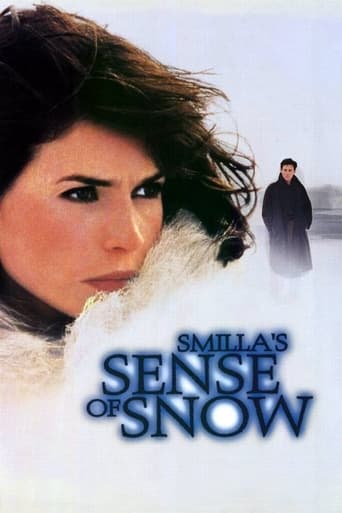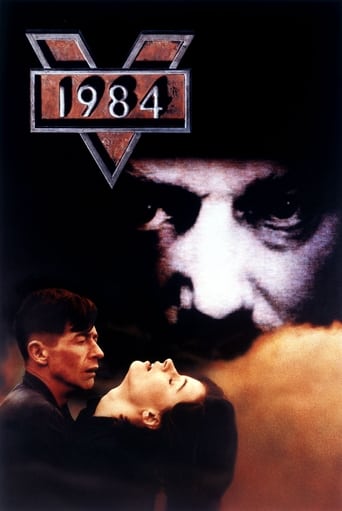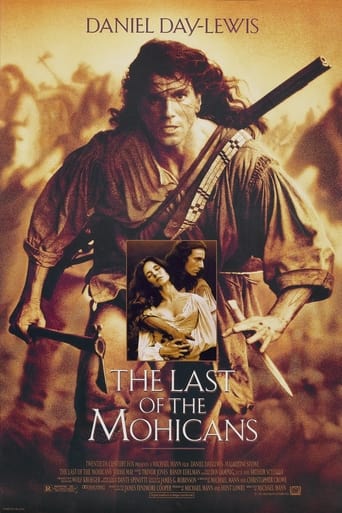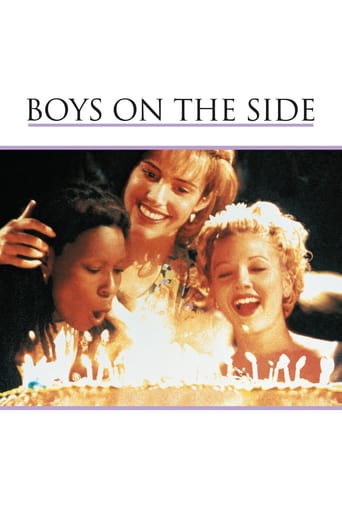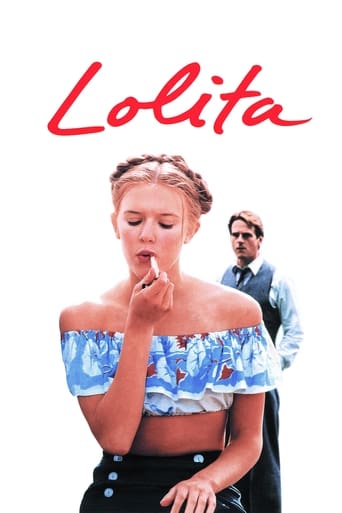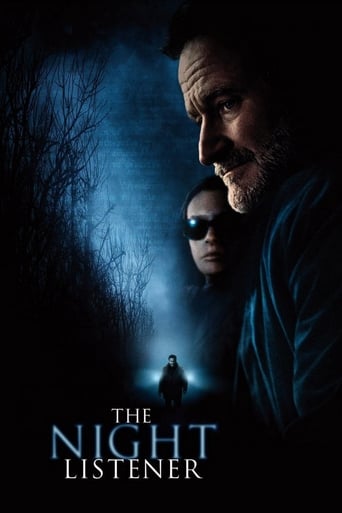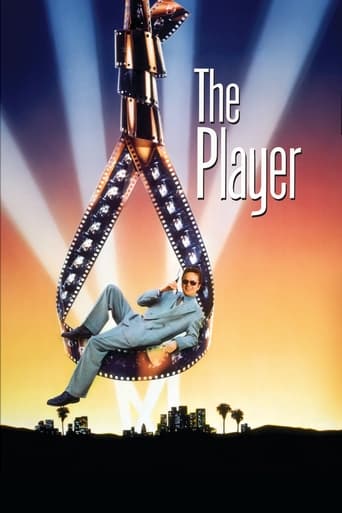
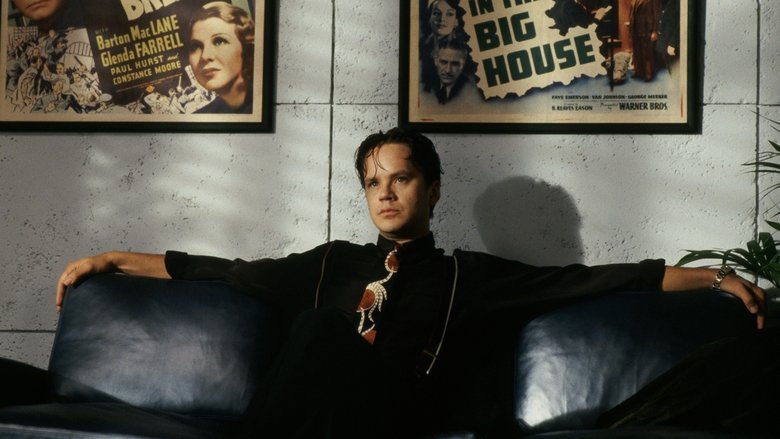
The Player (1992)
A Hollywood studio executive is being sent death threats by a writer whose script he rejected - but which one?
Watch Trailer
Cast


Similar titles
Reviews
One of Robert Altman's finest films featuring one of the best tracking shots ever put on film- The shot which begins the movie was a homage to Orson Welles but became legendary in its own right. Tim Robbins plays a Hollywood Executive who gets embroiled in a seedy murder case involving a scriptwriters murder. Featuring the ethereally gorgeous Greta Scacchi and some cool cameos this is one film you must watch if you like movies made about the seedy town they call Hollywood.
At times it feels like a period piece or is it that we're so used to the horror. A world populated by the shallowest, opportunistic bunch of ignoramuses the world has ever know. How can art come out of that? I think that when it does it's just an accident of Casablanca proportions. Robert Altman who knows a thing or two about it tells us the horror story with the most everyday approach. Tim Robbins is perfect as that empty designer clothed excecutive with a tinge of self awareness. I had to take a shower after the film was over and remove myself from that world.
Tim Robbins stars as a studio VP facing rumors that he is going to lose his job to young hotshot Peter Gallagher. He is also receiving threatening anonymous postcards from some writer he has seen and never called back. He decides it must be Vincent D'Onofrio, who he confronts and accidentally murders. A black and vicious satire of modern Hollywood that ends up leaving the audience slightly rooting for Robbins's reprehensible exec if only because everyone else is more reprehensible.
Robert Altman is one of the rare American directors who have succeeded in keeping loyal to their own style and vision while also being able to carry on for quite a long time. Altman began directing in television in the 1950's, had his cinematic breakthroughs in the 1970's, and kept working hard until his death in 2006. He always kept a healthy distance to Hollywood, but it seems that he -- like so many others -- had a twofold relationship with the dream factory. The influence of classical Hollywood, which the director adored, is apparent in Altman's cinema, but at the same time he expresses great frustration and even loathe towards Hollywood. Both of these attitudes emerge powerfully in his witty, insightful, and lightweight satire of Hollywood, "The Player" (1992) which is filled with references to film history. The story focuses on a Hollywood studio executive, Griffin Mill (played by Tim Robbins) who starts to investigate an abandoned screenwriter sending death threats his way. After murdering the writer more or less unintentionally, Mill falls in love with the writer's girlfriend, but his new life is once again threatened by the police investigating the murder case. In the meantime, Mill's studio is producing a new film whose director wants something else than standard Hollywood entertainment, but the studio has different plans. The line between reality and unreality, fiction and non-fiction begins to blur as Mill's life starts bearing a resemblance to all those film-noir movies whose posters hang on the studio's walls. This is the core of the story to which Altman anchors all the multiple story elements that he enjoys developing. Inter-textual references, satirical jokes, and celebrity appearances might at times feel too much, though they all serve a purpose. The abundance of the film is fragmentary, but this episodic nature of the film does not need to be seen as a flaw, since Altman skillfully keeps it all together. To my mind, the beginning of the film nicely introduces Altman's stylistic program and summarizes this ability of his to keep many threads together. The film begins with a long tracking shot, recording the life inside a Hollywood studio from casual dialogue about movies to awkward pitching producers have to listen to, which seems like a direct reference to Orson Welles' "Touch of Evil" (1958) and its famous opening. Like this opening shot, the narrative of "The Player" is overall very self-aware; that is, the spectator is invited into taking the representation to account. One is often paying attention to the way things are structured rather than the things themselves. This might be at times alienating -- and intentionally so -- but Altman also strongly focalizes his narrative to the subjective point of view of his protagonist, enhancing the absurdity of the milieu and its surrounding events. All of these narrative elements serve Altman's purposes of criticizing Hollywood. His criticism, though stark and poignant, is hardly hostile, however. Overall, "The Player" is a veritably lightweight film in the sense that it doesn't have the emotional heaviness of "3 Women" (1977) nor the structural complexity of "Nashville" (1975). The film does have its depth, but it is less striking -- for better and worse. All in all, "The Player" is a very enjoyable film, but it might be a slight letdown for people familiar with the director's earlier work. Nonetheless, a viewer who loves Altman's films will most likely cherish this one as well, perhaps in a fashion similar to Altman's relationship with Hollywood.






